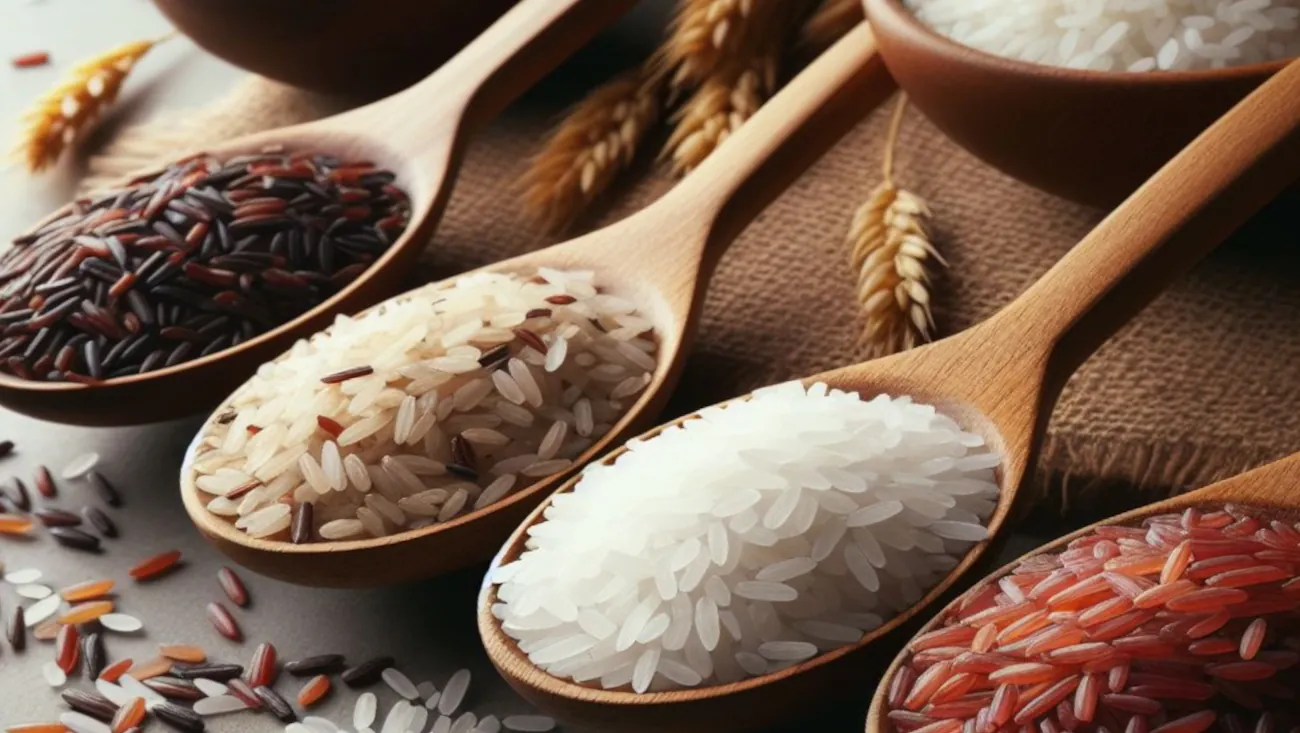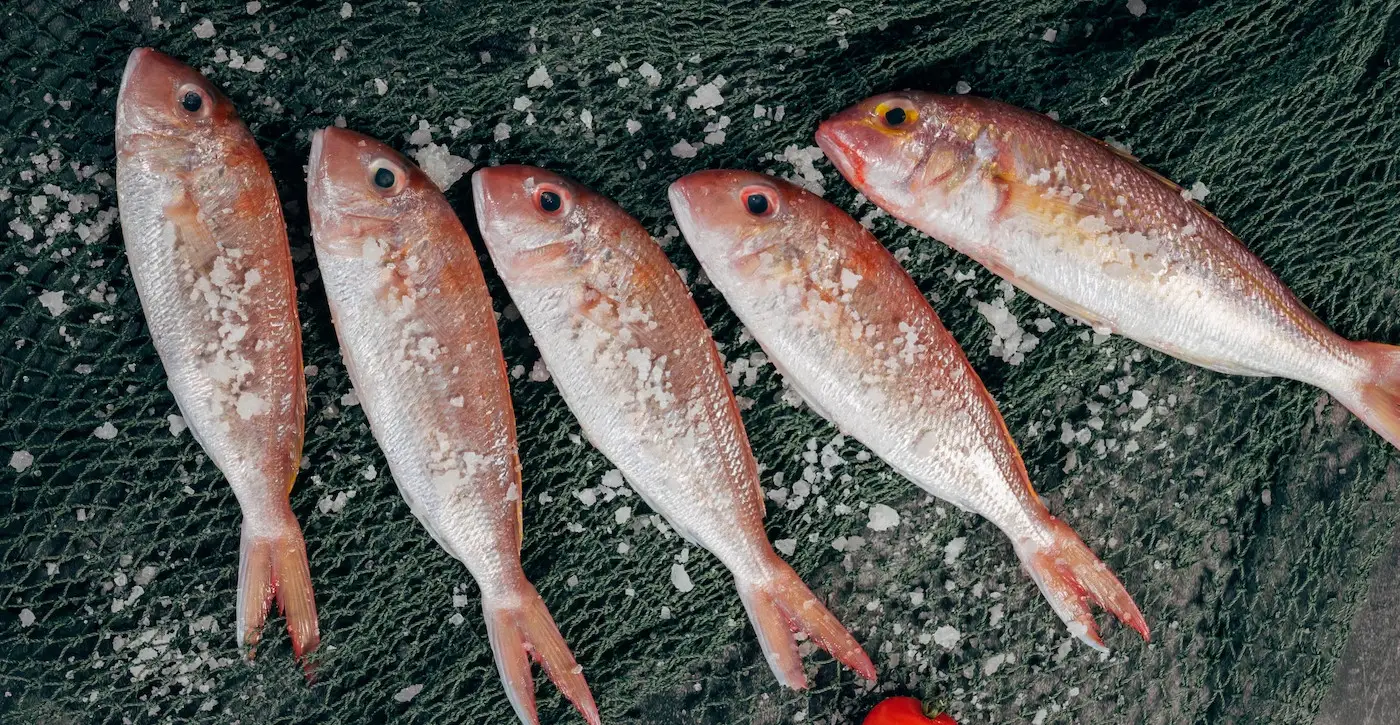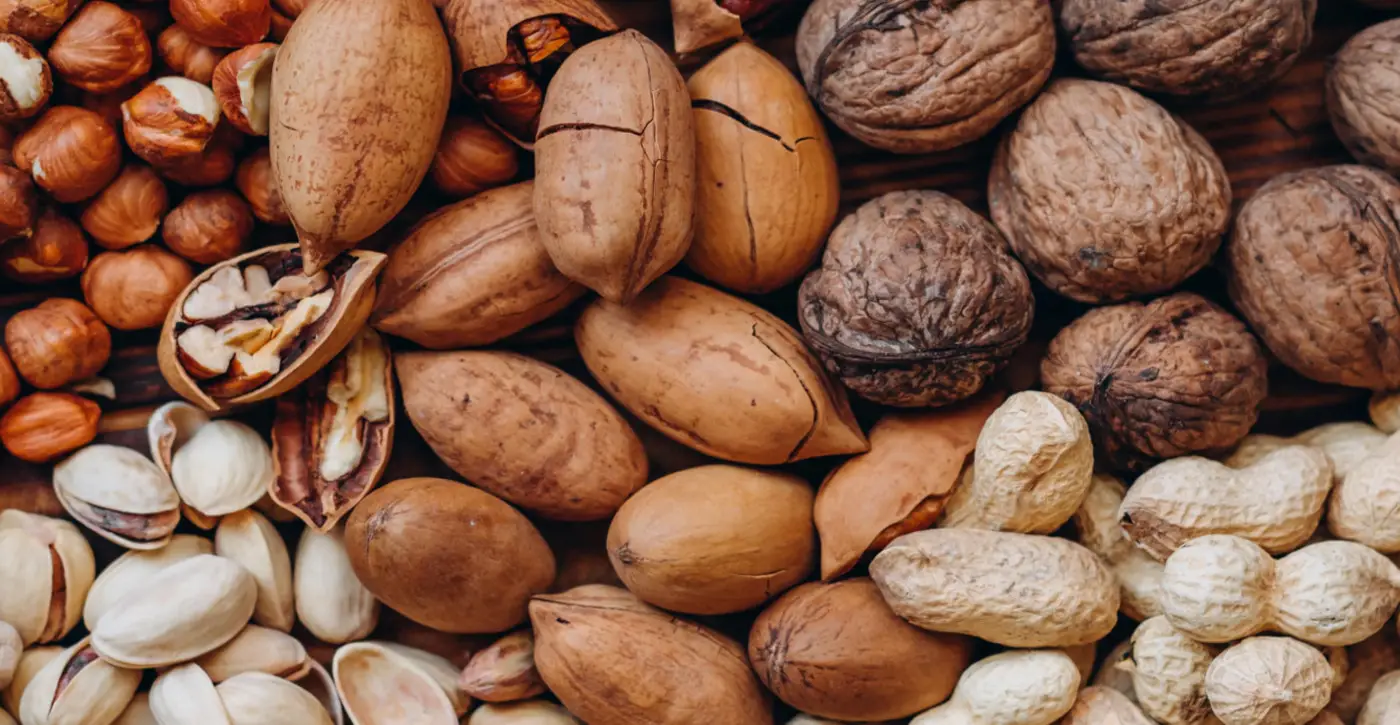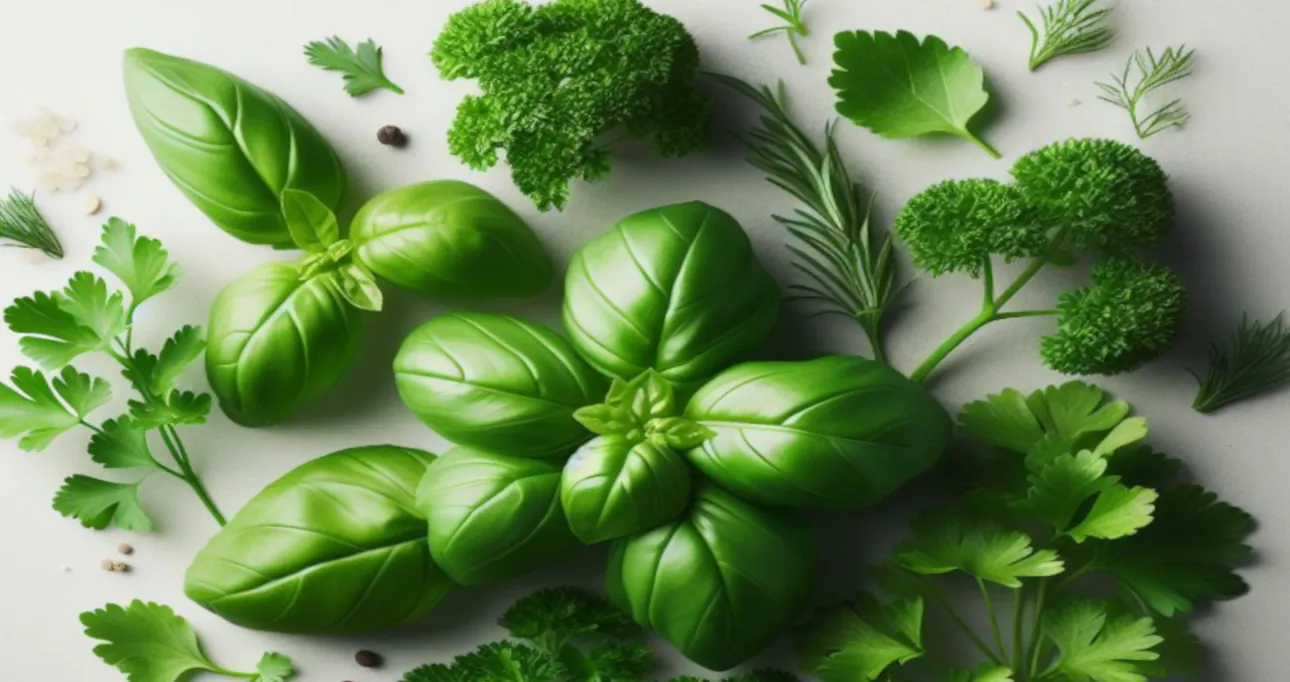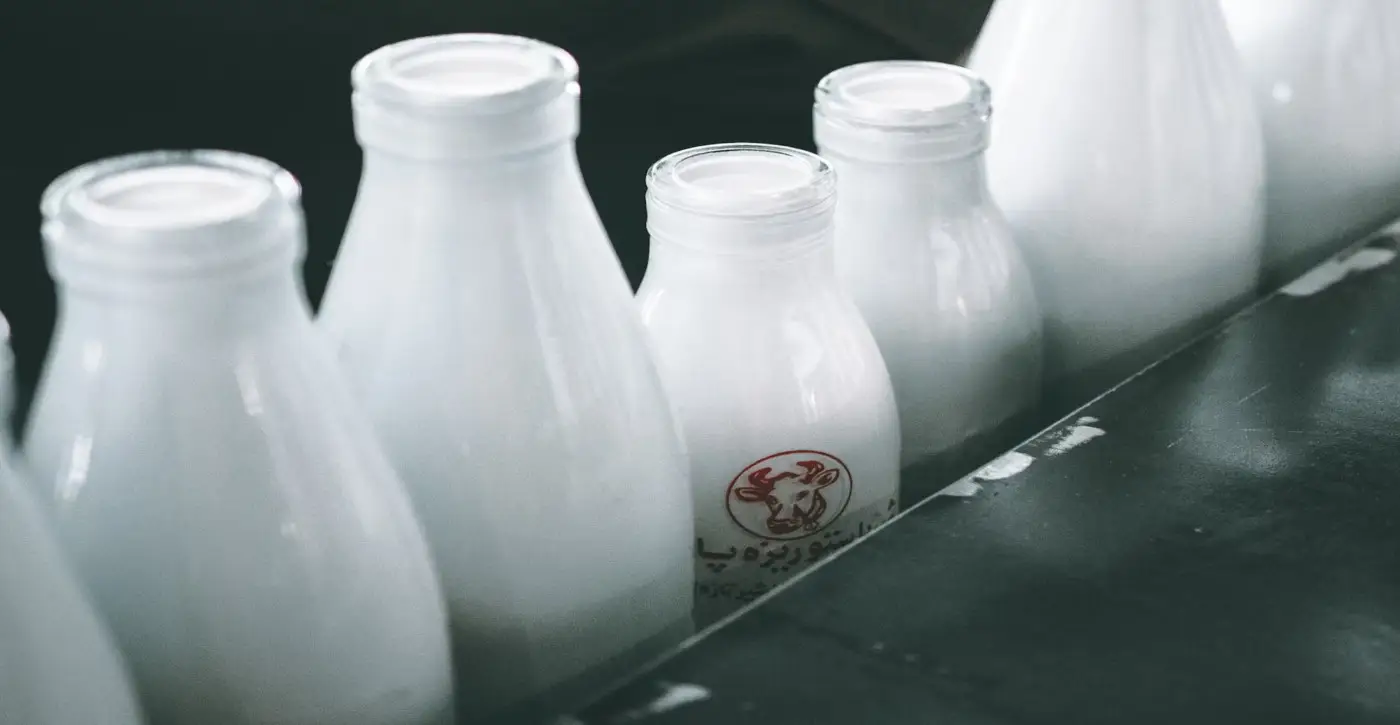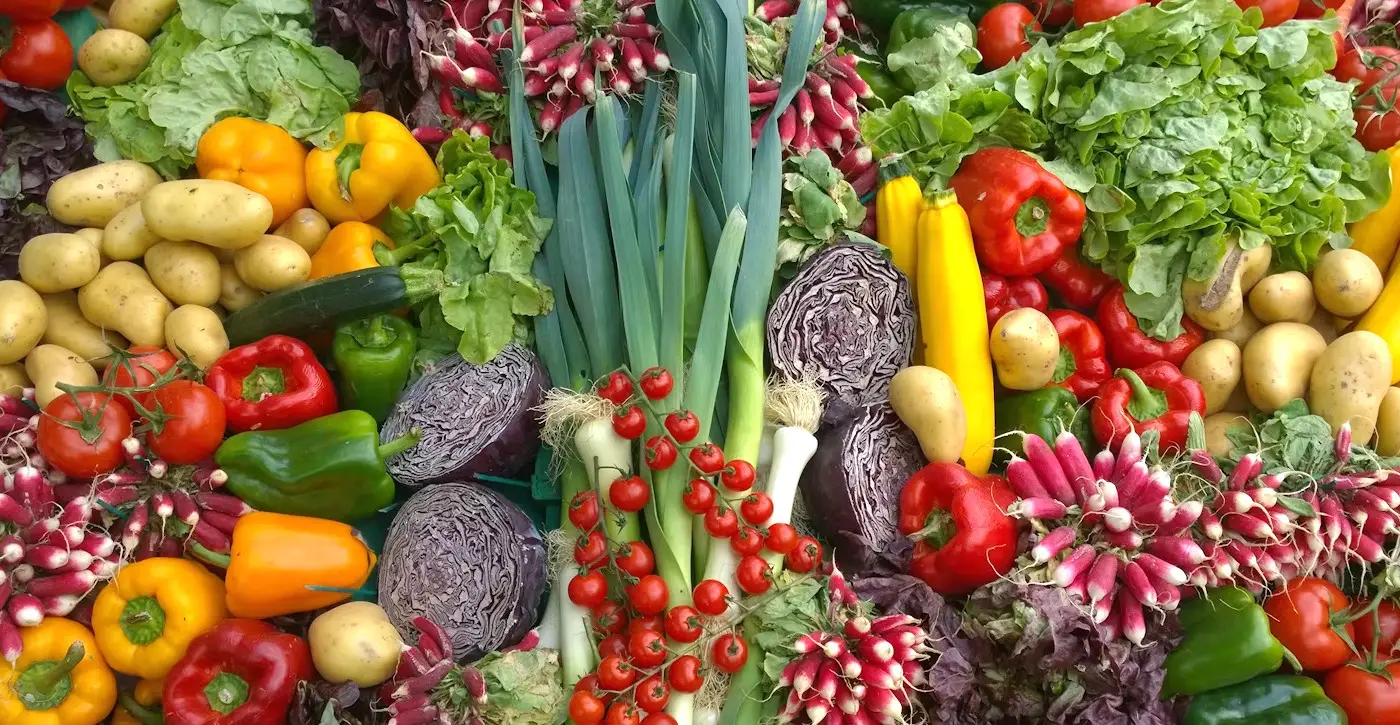Pasta Lysine and Arginine Info Sheet
Overview
Pasta is a beloved staple in Italian cuisine. It’s typically made from durum wheat and water or eggs, resulting in a variety of shapes and sizes.Enriched pasta is fortified with additional nutrients, often including B vitamins and iron.
This makes it a more nutritious choice compared to regular pasta.
| Name | Lysine (mg/100g) | Arginine (mg/100g) | Ratio |
|---|---|---|---|
| Pasta | 300mg | 470mg | 0.64 |
Pasta contains 300mg of Lysine and 470mg of Arginine per 100g of product.
This means Pasta has a low Lysine-Arginine ratio of 0.64.
Because Pasta contains slightly more arginine than lysine, reducing its consumption may help people who suffer from herpes, as it may lower the viral activity.
Lysine Considerations
Unenriched pasta provides an average of 300mg of lysine per 100g of dry product.
As a plant-based protein source, it can contribute to a balanced diet, especially for those following a vegetarian or vegan lifestyle.
It is one of the nine amino acids that the body cannot make by itself, so it has to come from the food we eat.
Lysine has a variety of functions in the body, such as helping with growth, healing, energy, immunity, and collagen production.
Lysine may also have some effects on the herpes virus, which causes cold sores and genital sores.
Studies have suggested that taking lysine supplements or applying lysine cream may help prevent or treat these infections by blocking the amino acid arginine, which the virus needs to grow.
Arginine Considerations
Unenriched, dry pasta also contains around 470mg of arginine per 100g.
Regular consumption of arginine-rich foods can support cardiovascular health and immune function.
Arginine has different functions in the body, including wound healing, helping the kidneys remove waste products from the body, and maintaining immune and hormone function.
Arginine also plays a role in the replication of the herpes virus, making it a key factor in cold sore outbreaks.
The herpes virus requires arginine to grow, replicate, and create new herpes viruses.
Foods high in arginine, such as nuts and chocolate, may increase the frequency and severity of these outbreaks.
Lysine-Arginine Ratio
The lysine-arginine ratio in unenriched pasta is 0.64, indicating a higher level of arginine compared to lysine.
This can potentially lead to an increase in the occurrence and severity of cold sores and herpes outbreaks, since the herpes virus feeds on arginine.
Both lysine and arginine are essential for protein synthesis and various other bodily functions.
They, however, have opposing effects on the herpes simplex virus, which causes cold sores and genital herpes.
Lysine can stunt the replication of the virus, whereas arginine can stimulate it.
Thus, a diet rich in foods with a high lysine to arginine ratio may help reduce the occurrence and severity of herpes flare ups.
Foods that have a high lysine-arginine ratio include milk, cheese and yogurt products, fish, poultry, fruits, and vegetables.
These foods can provide the body with enough lysine to compete with arginine and inhibit the virus from replicating and causing flare ups.
Dietary Considerations
Grains are generally somewhat low in lysine and rich in in arginine, which makes them less beneficial for people with herpes.
That said, some grains are better than others in terms of their lysine to arginine ratio.
Quinoa, amaranth, buckwheat, and seitan are some of the grains that have more lysine than arginine, or at least a balanced ratio.
These grains can be included in a healthy diet, as they also provide fiber, iron, and antioxidants.
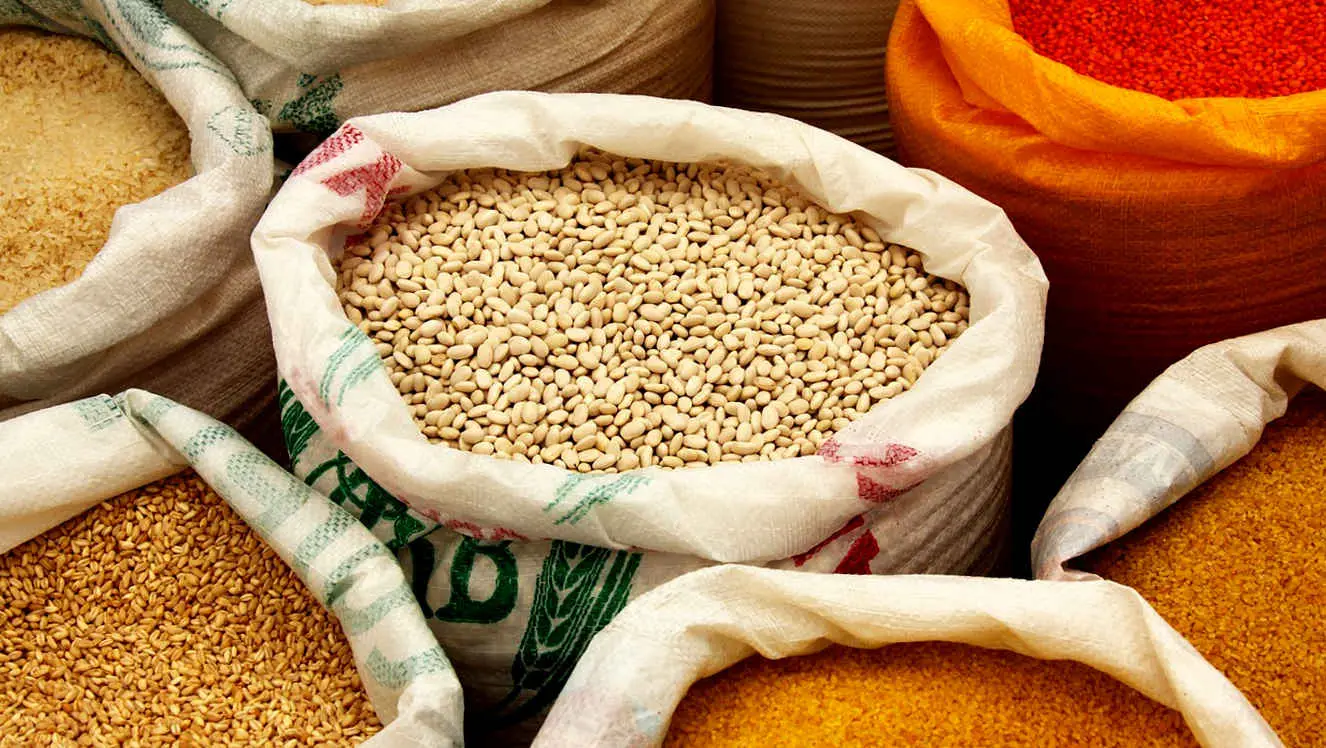
For instance:
A diverse and nutritious diet that supports your immune system and fights inflammation is essential.
This means you should eat lots of fruits, vegetables, whole grains, lean protein, and healthy fats, and steer clear of processed foods, added sugars, alcohol, and caffeine, which can harm your health.
Drinking enough water to keep yourself hydrated and remove toxins from your body.
Water can also help prevent dryness and irritation of the skin and mucous membranes, which can result in fewer outbreaks.
Consider taking l-lysine supplements, which can help prevent herpes outbreaks and stop a cold sore before it emerges by limiting the availability of arginine for the virus, which it requires to produce a cold sore.
Other food supplements, such as vitamin C, zinc, selenium, and antioxidants, can help you boost your immunity and protect your cells from oxidative stress.
Foods that can boost your immunity and fight inflammation are essential to prevent outbreaks.
Honey, yogurt, aloe vera, and chamomile are some examples of these foods.
They can also soothe your symptoms and help you recover quicker by reducing pain, swelling, and itching.
Check more food information
